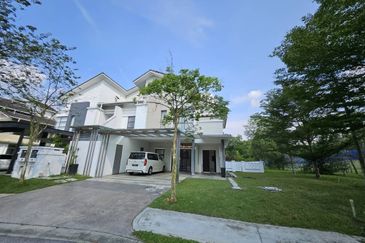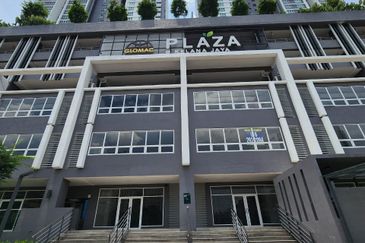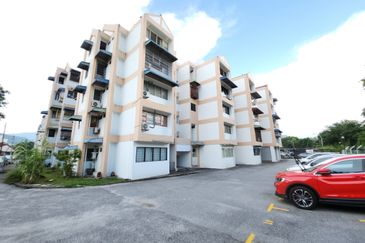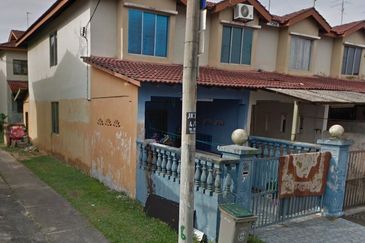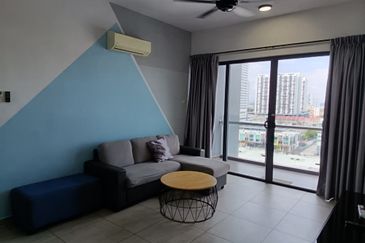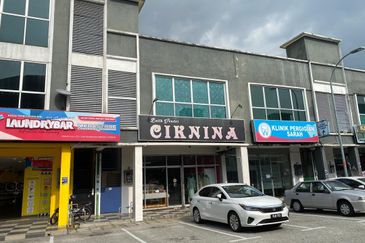
KUALA LUMPUR (March 7): The Securities Commission Malaysia (SC) has published two consultation papers to seek the public’s feedback on the proposed framework for initial coin offerings (ICOs) and property crowdfunding. The papers can be accessed through the regulator’s website.
An ICO is an alternative fundraising avenue powered by distributed ledger technology which involves the issuance of digital tokens by an issuer that wishes to raise funds for a project or venture.
“The consultation paper discusses the proposed framework for, among others, the eligibility of issuers, the need for transparent and adequate disclosers as well as utilisation of proceeds of the ICO,” said the regulator in a statement yesterday.
Based on the consultation paper, the SC has proposed requirements similar to those imposed on equity crowdfunding and peer-to-peer platforms, which were introduced in February 2015 and April 2016 respectively.
It proposed that an ICO issuer be required to approach an independent third party authorised by the SC to “host” the ICO and assess its whitepaper, prior to submitting a formal application to the regulator.
“The above approach will enable the SC to leverage on the expertise and experience of persons who wish to participate and contribute to the development of this industry.
“It is proposed that the third party “host” is a recognised market operator or alternatively any other person recognised by the SC as having the necessary skills and expertise. In this regard, the SC will be introducing a separate framework in relation to the authorisation of the third party who will carry out this role,” the SC said in the consultation paper.
The paper included a list of criteria for the assessment of an ICO which includes the requirement that the management of the ICO issuer possesses the appropriate experience and track record.
Only local firms may undertake ICOs
Among the other notable requirements were that only a locally incorporated non-listed company with a minimum paid-up capital of RM500,000 may undertake ICOs.
“In this initial phase of the ICO framework, the SC is proposing not to allow public-listed companies to undertake ICOs given the potential impact it may have on the pricing and valuation of listed shares as well as the impact on the rights of existing shareholders. However, public-listed companies may establish a separate entity to carry out an ICO,” said the SC.
A limit on the amount that can be raised through an ICO was also proposed, with issuers only able to raise funds calculated as a multiple of 10 times the shareholders’ funds and subject to a ceiling of RM100 million.
In terms of proceeds, it proposed that at least 50% of the proceeds must be utilised in Malaysia and if the ICO is asset-backed, at least 50% of the assets are based in Malaysia.
The regulator also proposed standardised disclosure requirements for white papers, which include the objective and timeline of the ICO, a detailed description of the sustainability of the project and the targetted amount to be raised through the ICO, and a scheduled timeline for the utilisation of proceeds.
Meanwhile, the property crowdfunding consultation paper proposed a regulatory framework which will set the eligibility requirements of first-time homebuyers, criteria of properties which can be listed on the platform, obligations of platform operators and financing limits.
Under the proposed framework, platform operators are prohibited from providing funding or financial assistance to a homebuyer or investor, offering investment advice and negotiating terms for and on behalf of individual third parties such as financial advisers and lawyers.
The SC has also proposed that a homebuyer must put up a minimum of 10% or maximum 20% of the property price as the initial amount, to show his or her commitment to the scheme.
In terms of eligible properties to be listed on the platforms, the SC proposed to only allow properties that are newly completed properties located in Malaysia, purchased directly from a developer that is valued at not more than RM500,000.
This article first appeared in The Edge Financial Daily, on March 7, 2019.
TOP PICKS BY EDGEPROP
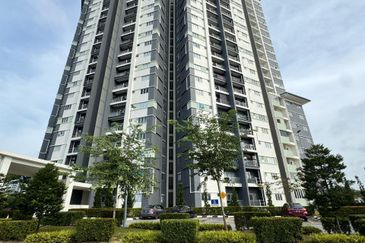
Permas Ville, Bandar Baru Permas Jaya
Permas Jaya/Senibong, Johor
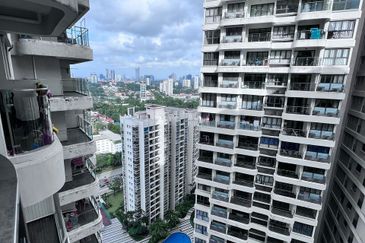
Baypoint @ Country Garden Danga Bay
Johor Bahru, Johor
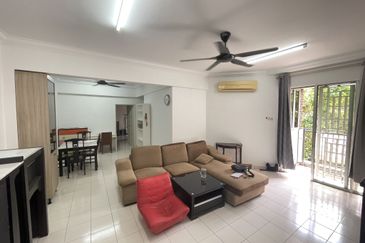
Andari Townvilla, Selayang Heights
Selayang, Selangor






